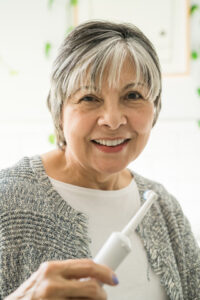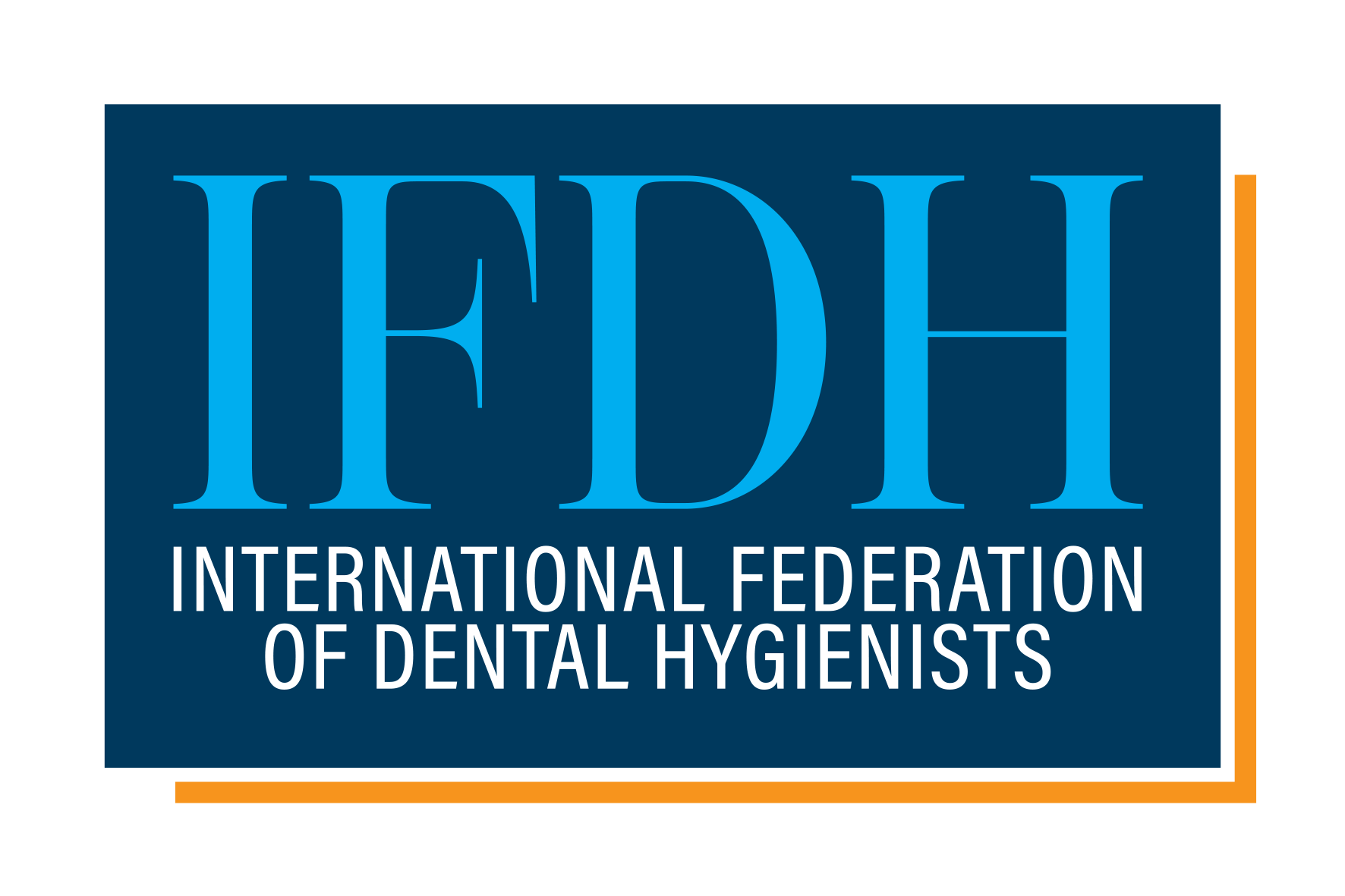IFDH Elderly Patient Practices Survey
 In April 2022, the IFDH fielded a survey to better understand global dental hygienists’ practices regarding elderly patients, defined at those 65 years of age or older. This was the 6th in a series of surveys to help identify opportunities for future educational programs. See the PowerPoint and PDF summaries at the bottom of this page.
In April 2022, the IFDH fielded a survey to better understand global dental hygienists’ practices regarding elderly patients, defined at those 65 years of age or older. This was the 6th in a series of surveys to help identify opportunities for future educational programs. See the PowerPoint and PDF summaries at the bottom of this page.
Demographics
The survey was sent to 34 national associations. There were 558 respondents, representing 28 countries. The top 5 countries with respondents were:
- UK 19%
- Switzerland 16%
- Italy 15%
- Finland 7%
- Canada 6%
Respondents were slightly skewed towards those with 25 years in practice or more. 63% of respondents reported having a Bachelor’s degree or Diploma and 63% work in a private practice setting. 12% are in an independent dental hygiene practice.
Topline Results
74% of respondents see elderly patients daily. The following results are from 517 respondents (93% of total) who see elderly patients at least once a month.
Top 5 diseases/conditions among respondents’ elderly patients (% virtually all + most patients):
- Gingival recession (88%)
- Gingivitis (56%)
- Erosive tooth wear (50%)
- Periodontitis (49%)
- Poor plaque control (43%)
Top products recommended (% always + often recommended):
- Interdental brushes (94%)
- Electric toothbrushes for cleaning (80%)
Long-term Care Facility Activities for Elderly Patients
- 24% provide oral health care to elderly patients in a longterm care facility.
- Among those who do not deliver care in a long-term care facility, 58% would be interested in doing so if the opportunity were provided.
- 61% would be willing to be involved in a “teach the teacher” program where dental hygienists teach the care givers in long term care and they in turn teach each other.
More results are available in the PowerPoint summary and PDF file.
Click here to save the PowerPoint summary with detailed results.
Click here to save the PDF results summary file.
We would like to thank the respondents for taking time to complete the survey. The information is very useful and will help guide future educational learning opportunities.
The IFDH thanks Procter & Gamble (Crest / Oral-B) for supporting this project.





